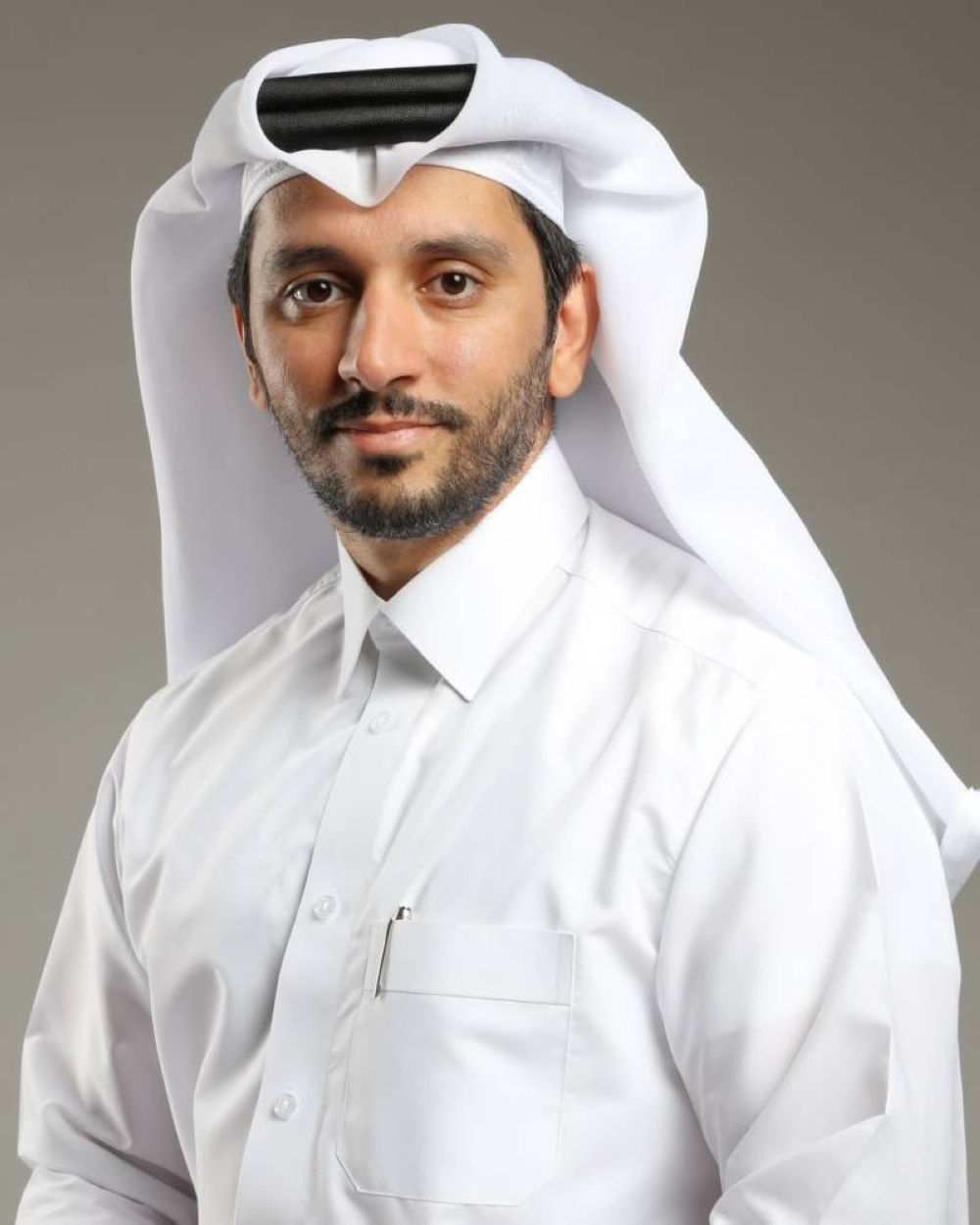Qatar’s economy has shown itself to be resilient following the World Cup in late 2022. Caution over the likely oil price, reduction of national debt, and promoting private sector employment are the priorities
With a conservative estimate of an oil price of $60 per barrel and a commitment to continuing to reduce the national debt, the Qatar budget for 2024 strikes a sensible tone. It also demonstrates ambition, however. The budget takes a strategic view, not confining itself to priorities for the 12-month period. Decisions are made with reference to the third National Development Strategy policy document, made in line with the Qatar National Vision 2030. The most recent report covers the period 2024 to 2030.
Total public sector revenues are projected to be QR202bn, with expenditure at QR200.9bn, based on an oil price of $60 per barrel, compared with $65 during 2023. Overall, economic growth is projected to be just over 4%, helped by continued development of liquefied natural gas (LNG) from the North Field. Estimates of non-oil revenue are 2.4% higher, at QR43bn, indicating progress towards a strategic goal of diversification. Generally, the figures are positive considering the inevitable peak and fall of economic activity surrounding the FIFA World Cup in late 2022, indicating a level of economic resilience.
The government wants to increase opportunities for employment in the private sector. The goal is to encourage development across all sectors, including tourism, higher education sector, fintech and manufacturing. Investment in communications and information technology sector has doubled since 2023.
National debt is down to 44% of GDP, and is projected to fall to 39% by end 2024, with over QR7bn due to be repaid in 2024. The proportion compares favourably globally – in some western economies such as Italy, the United Kingdom and the US, the figure is around 100% or higher. The Qatar national debt is sharply reduced since the 72% level in 2020, when a combination of investment in infrastructure for the World Cup and low oil and gas prices caused by the Covid-19 pandemic suppressed export earnings at a time of increased expenditure. It is right that the state should use a period of economic growth and higher interest rates to pay down debt. In addition, reserves at the Qatar Investment Authority, the sovereign wealth fund, are being strengthened.
Inflation is steady at 2.8%. HE Ali bin Ahmed al-Kuwari, the Minister of Finance, indicated in a speech last month that it was not a source of concern.
Major capital investment is down 8.3%, which is to be expected given the completion of infrastructure projects necessary for the 2022 FIFA World Cup, but there will be continued investments. This will include public-private sector partnerships for building schools, the minister announced. Education and health are the two main priorities for public expenditure, comprising 20% of the total budget between them. Central to the National Vision is investment in human capital, including creating more career opportunities for women. Education is seen as central to boosting both competitiveness and economic diversification.
The minister also announced a policy priority to improve transparency in procurement for public sector contracts.
Investment in human capital may be helped by fine-tuning some approaches to employment. The Qatari private sector is heavily dependent on expatriate workers, including highly skilled specialists, and the government would like to see more Qatari citizens take up these roles. Many local citizens tend to opt for the public sector. One policy change could be to set time limits on work permits for expatriate staff, for example at five years. Typically, as things stand, the contracts are for an indefinite period. If it were for a fixed period of time, the government could encourage the employer to replace the expat with a local citizen. In other oil-exporting countries, such as Nigeria, gradually oil multinationals have progressively hired more local talent.
While the fiscal decisions of the 2024 budget are conservative – public spending under control, paying down debt – this is allied to a commitment to continued investing where this is likely to produce returns and enhance economic diversity. This strikes a balance between short-term caution and long-term ambition.
The author is a Qatari banker, with many years of experience in the banking sector in senior positions.

Fahad Badar
